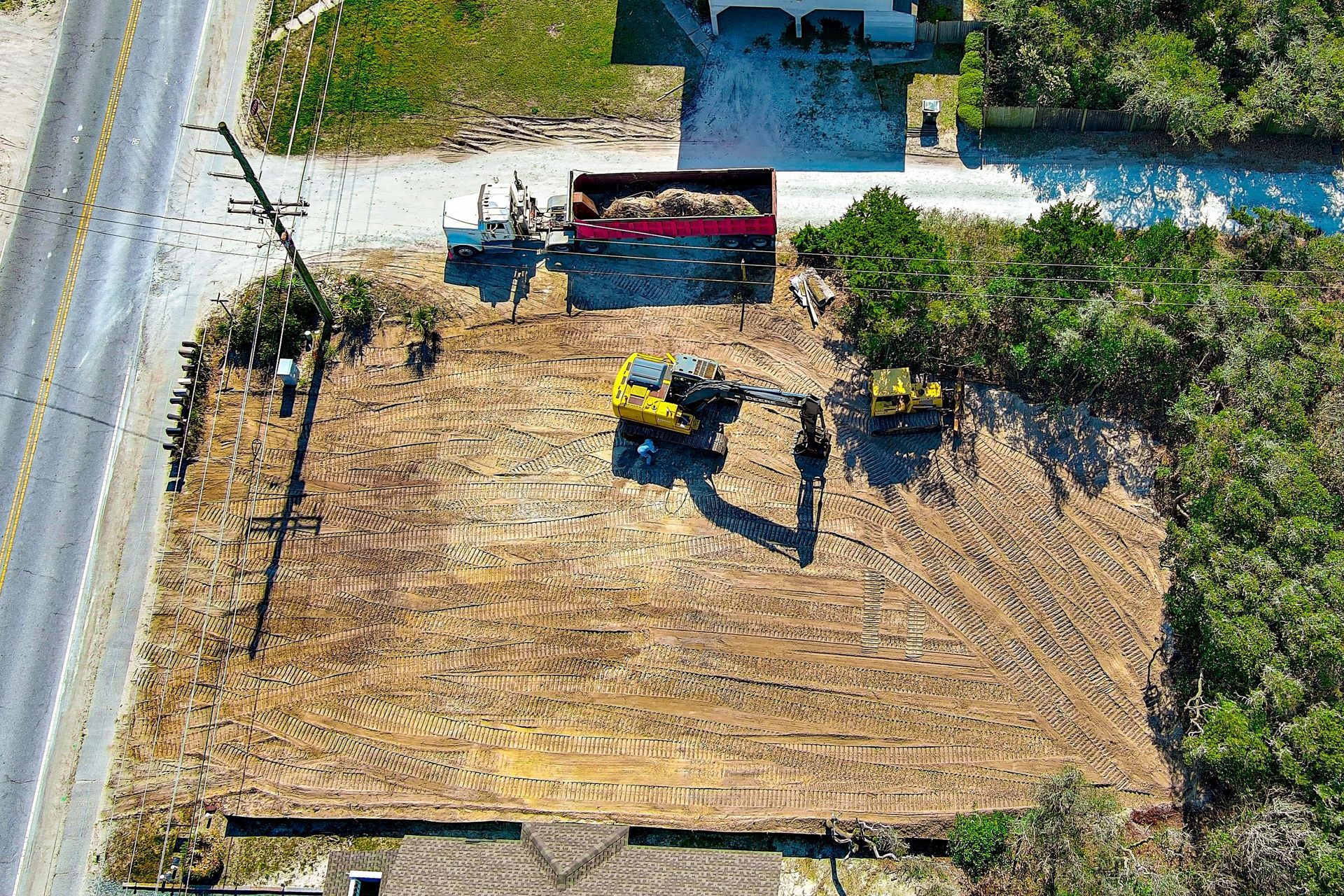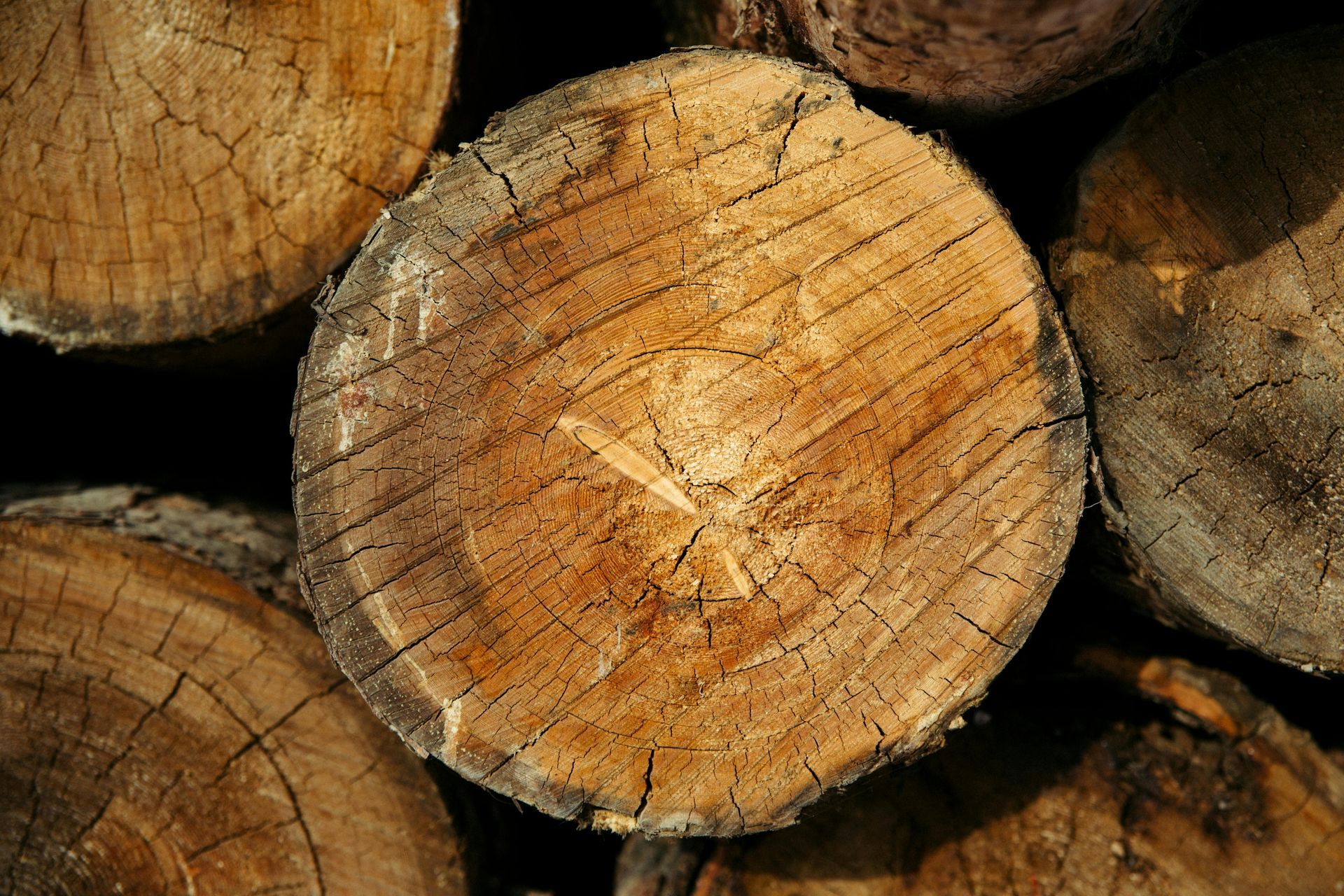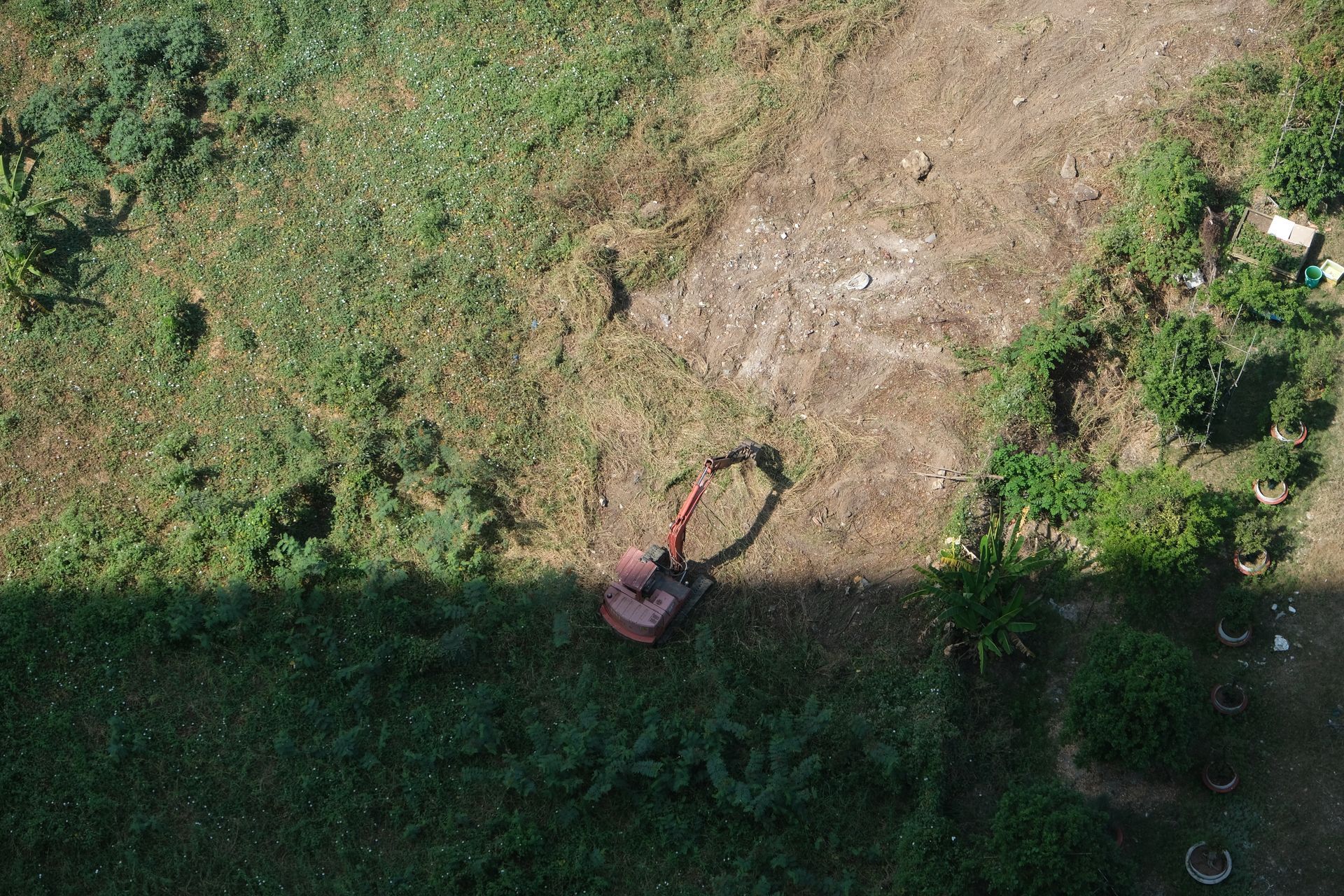Tips for Maintaining Efficient Sewer and Septic Systems in Springfield, IL
A well-maintained sewer or septic system is essential for the health, safety, and efficiency of any property. In Springfield, IL, where weather fluctuations can strain these systems, proactive care is key. Grade Timber Excavating Services specializes in sewer and septic solutions, and in this blog, we'll share expert tips to help you keep your system running smoothly.
Understanding Sewer and Septic Basics
Sewer systems connect to municipal lines, while septic systems are on-site wastewater treatment for rural or non-connected properties. Both require regular attention to prevent backups, odors, and environmental hazards. In Springfield, the local sanitary sewer collection system includes about 140 miles of combined sewers and 355 miles of separate sanitary sewers, managed by the City of Springfield's Office of Public Works.
Essential Maintenance Tips
1. Schedule Regular Inspections
Annual inspections, including sewer camera checks, can detect issues like cracks or blockages early. At Grade Timber, our camera inspections provide detailed visuals without invasive digging. For septic systems, inspect sludge and solids levels yearly to avoid contamination of groundwater or nearby wells.
2. Pump and Clean Septic Tanks Periodically
Septic tanks should be pumped every 3-5 years, depending on household size. This removes solids and prevents overflow. Our team handles tank cleaning efficiently, ensuring compliance with local regulations in Springfield.
3. Avoid Flushing Harmful Substances
Never flush grease, wipes, or chemicals down drains—they clog pipes and harm beneficial bacteria in septic systems. Use water jetting services from Grade Timber for stubborn clogs. This prevents backups and extends system life.lapinservices.com
4. Monitor Water Usage
Excessive water can overload systems. Install low-flow fixtures and space out laundry loads to ease the burden. In Springfield's rainy seasons, ensure downspouts direct water away from septic fields to avoid saturation.
5. Address Repairs Promptly
Signs like slow drains or foul odors signal problems. Our repair services, including pipe replacement and leach field restoration, prevent minor issues from escalating. Prompt action reduces the risk of costly emergencies and health hazards.
6. Winterize Your System
In Illinois winters, insulate exposed pipes and avoid heavy vehicle traffic over septic areas to prevent freezing or damage. Regular maintenance helps mitigate cold-weather strains on both sewer and septic infrastructures.
Benefits of Professional Maintenance
Enlisting experts like Grade Timber ensures thorough care, extending system life and avoiding emergency costs. Our maintenance plans include tailored advice for your property's needs.
Efficient sewer and septic maintenance protects your home and the environment. Follow these tips, and partner with Grade Timber Excavating Services for professional support in Springfield, IL. Contact us for an inspection today—your system will thank you!










